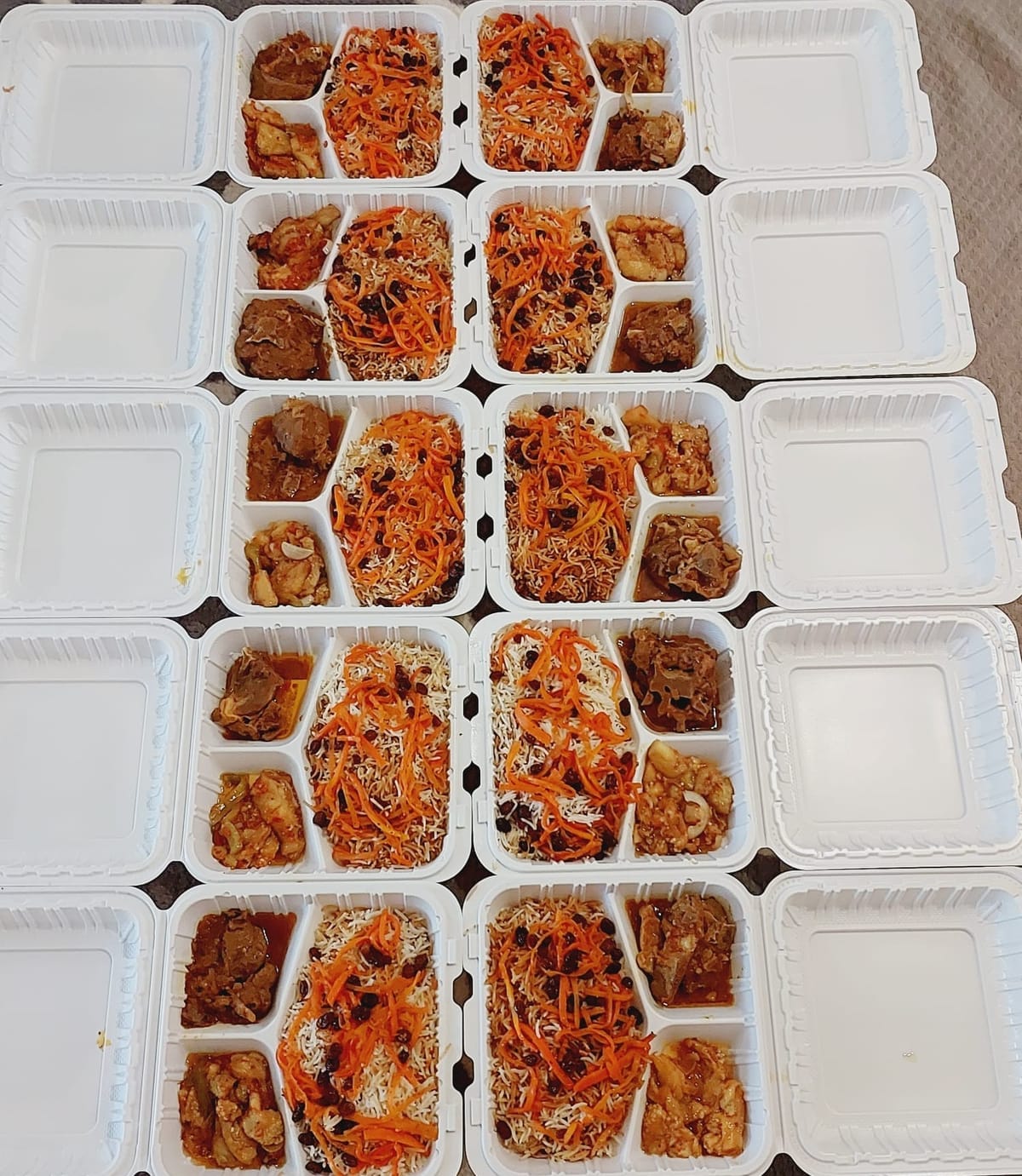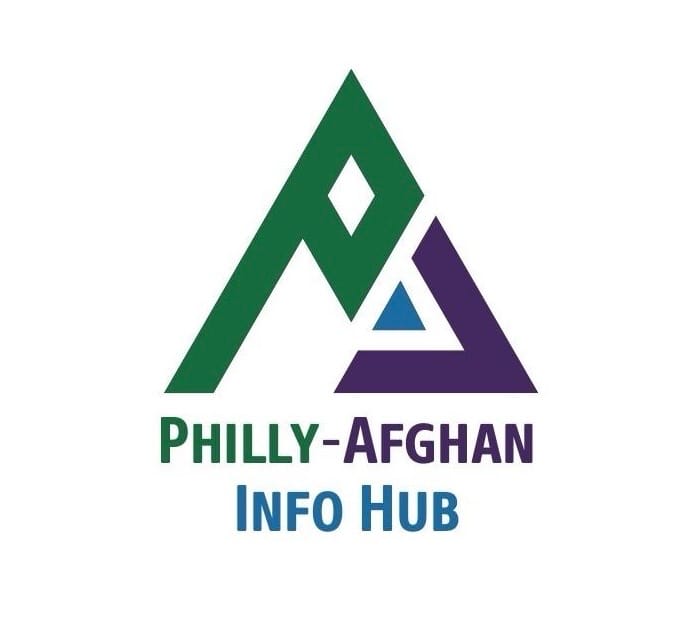The stories of Afghan women micro business and some resources you may want to know
From Kabul to Philadelphia, Somaya, Shabnam, and Shazia arrived with hope, courage, and a passion for cooking. Despite limited resources and unfamiliar surroundings, they transformed their kitchens into entrepreneurial launchpads—supporting their families and inspiring others in the community.

Author: Sadaf Sadat
In Philadelphia’s vibrant Afghan refugee community, three women — Somaya Hussaini, Shanbam Nawazi, and Shazia Naeemi — are proving that resilience and creativity can turn kitchens into launchpads for new beginnings. Through their passion for cooking and entrepreneurship, they are not only supporting their families but also inspiring others in their community to rebuild and thrive.
From Sar-e-Pol to Sweet Success: Somaya Hussaini’s Journey
Somaya, 35, fled Afghanistan with her family in 2021 after the Taliban takeover. After a stop in France, where her passion for cooking deepened, she settled in Philadelphia and began taking food orders from her home kitchen. With encouragement from her husband and help from social media and her local mosque, she now prepares French pastries and Afghan dishes for a growing clientele — dreaming of someday opening a restaurant chain.
A Spark of Initiative: Shanbam Nawazi’s Start
At just 23, Shabnam arrived in the U.S. in 2021 with a clear vision for her future. Despite little encouragement, she trusted her instincts and started small, learning quickly how to manage and promote her culinary business through WhatsApp and social media. Spending a couple of hours daily on her work, Shanbam’s story is a testament to the power of self-belief and taking the first step.
From Kabul to the Kitchen: Shazia Naeemi’s Resilience
Shazia came to the U.S. in 2024 through her husband’s refugee case. Confronted with high living costs, she turned to cooking as a way to support her family. Despite early challenges such as limited funds and equipment, Shazia’s dedication and her husband’s support helped her build a growing home-based food business. Her dream is to open a restaurant serving Afghan and diverse cuisines.
Addressing Barriers and Finding Support
While their stories are inspiring, many refugee and immigrant women face significant barriers — limited capital, language hurdles, and lack of business knowledge — that can make entrepreneurship difficult. The good news? Philadelphia and national organizations offer vital resources tailored to help entrepreneurs like Somaya, Shanbam, and Shazia succeed.
1. Access to Microloans and Grants
Starting or expanding a business often requires funding. Programs like the Small Business Administration (SBA) offer microloans with low-interest rates, designed especially for small startups. Local organizations such as the Women’s Opportunities Resource Center (WORC) provide micro-loans and grants, even to immigrant entrepreneurs, helping turn ideas into reality.
2. Business Training and Mentorship
Business mentorship can be invaluable. SCORE Philadelphia offers free mentoring, workshops, and guidance on business planning, marketing, and financial management. Temple University’s Small Business Development Center (SBDC) provides personalized one-on-one business assistance to help entrepreneurs navigate challenges.
3. Language and Digital Skills Classes
Language barriers and digital literacy can hinder growth. Community centers like The Welcoming Center for New Pennsylvanians offer immigrant entrepreneurship training including English and digital skills classes, equipping entrepreneurs to better connect with customers and manage their businesses.
4. Networking and Community Support
Connecting with other business owners through immigrant-focused networks and groups like the Philadelphia Women’s Business Network builds support, opens collaboration opportunities, and can expand customer bases — vital for sustainable growth.
5. Starting Small and Growing Steadily
Many successful businesses start at home and expand gradually. Social media and messaging apps such as WhatsApp provide affordable, effective platforms for marketing and customer engagement, as these women have demonstrated.
Additional Resources
The following resources are provided by the Philly-Afghan Info Hub for anyone looking for support with entrepreneurship training, small business support, business loans and even some marketing support:
Local Philly-Based Resources:
- The Welcoming Center for New Pennsylvanians: immigrant entrepreneurship training https://welcomingcenter.org
- Women’s Opportunities Resource Center (WORC): small business support, training, micro-loans https://www.worc-pa.com/
- PIDC Philadelphia: small business financing and guidance https://www.pidcphila.com/
- SCORE Philadelphia: free mentoring for small business owners https://philadelphia.score.org/
- Temple University’s Small Business Development Center (SBDC): one-on-one business help https://www.fox.temple.edu/institutes-centers/sbdc/
National Resources in Dari/Pashto-Friendly Contexts:
- Refugee Investment Network: supports refugee-owned small businesses https://www.refugeeinvestment.org/
- Kiva Microloans: crowdfunded loans starting at $1,000 with no credit score required https://www.kiva.org/borrow
- Start Small Think Big: free legal, financial, and marketing support for under-resourced entrepreneurs https://www.startsmallthinkbig.org/
- SBA (Small Business Administration): resources for immigrants https://www.sba.gov/business-guide
